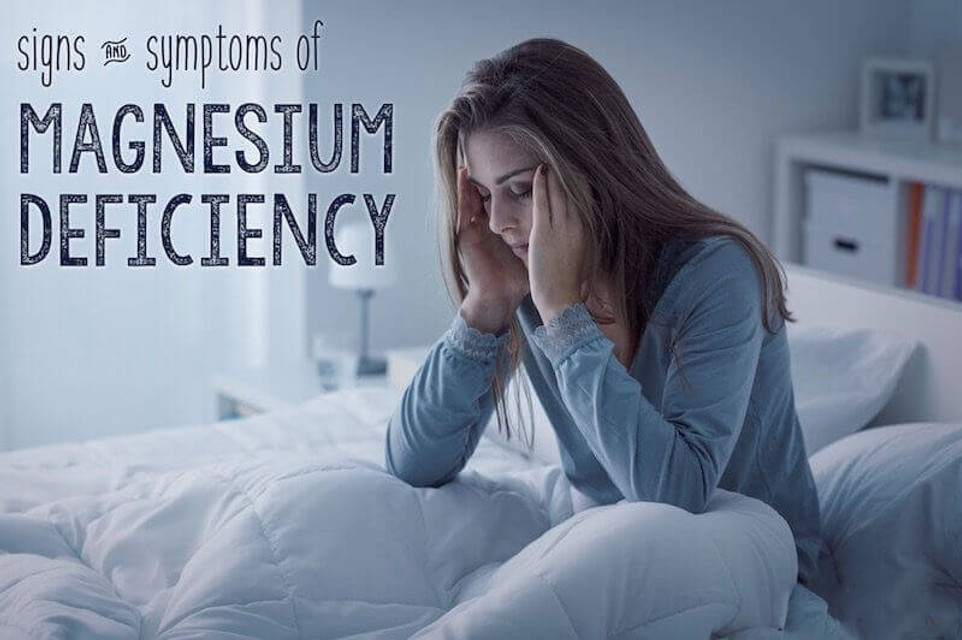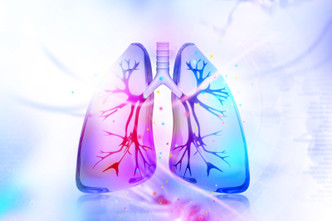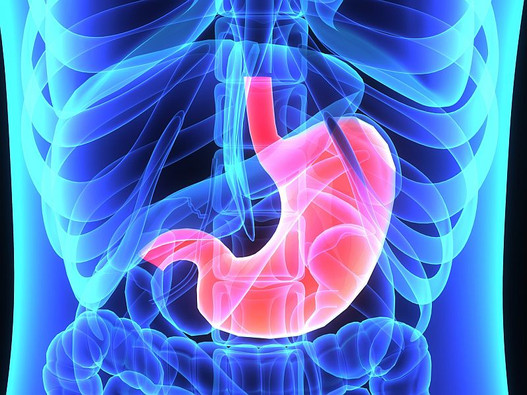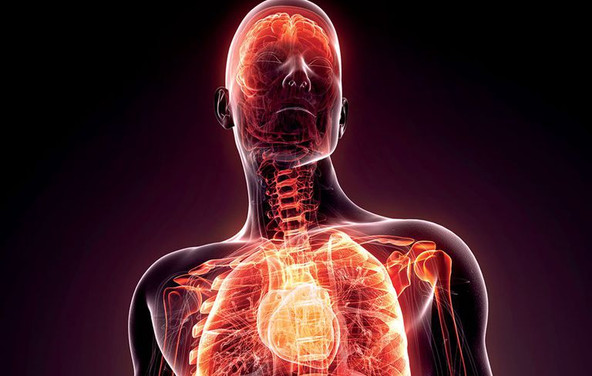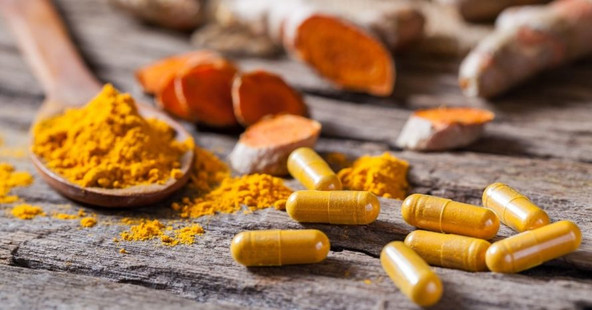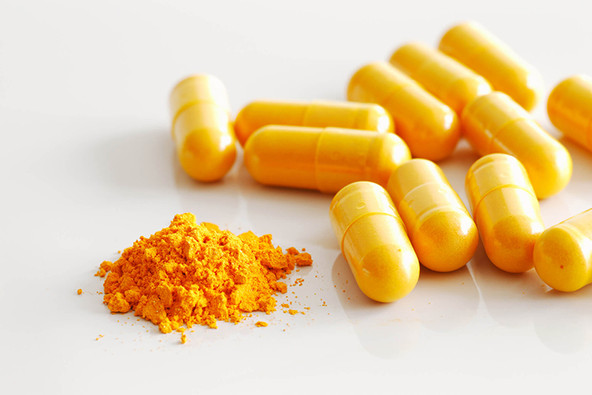Posted by Beyond Health on Nov 3rd 2025
Assessing Magnesium Deficiency
Do you have any of these health issues? Allergies or Asthma Autoimmune Illness Heart Disease Irregular or rapid heartbeat High blood pressure Blood clots Congestive heart failure Chronic excessive muscle tension Muscle spasms, tics, cramps or tremors (especially in hands, legs, feet or face) Clumsiness, lack of coordination ADD/ADHD Alzheimer’s disease Autism Parkinson’s disease Irritability, nervousness, anxiety, easily upset Extreme sensitivity to noise and/or pain Candida yeast infection Gut Disorders, including peptic ulcer, Crohn’s disease, and colitis Chronic constipation Eating disorder; cravings for sugar and/or chocolate Poor appetite Depression, apathy Confusion, difficulty concentrating, memory problems No energy, weakness, exhaustion Chronic fatigue syndrome/fibromyalgia Insomnia/restless sleep Insulin resistance/diabetes/hypoglycemia/metabolic syndrome Tension and/or m…
read more Fuel your life with the purest vitamins
Fuel your life with the purest vitamins
